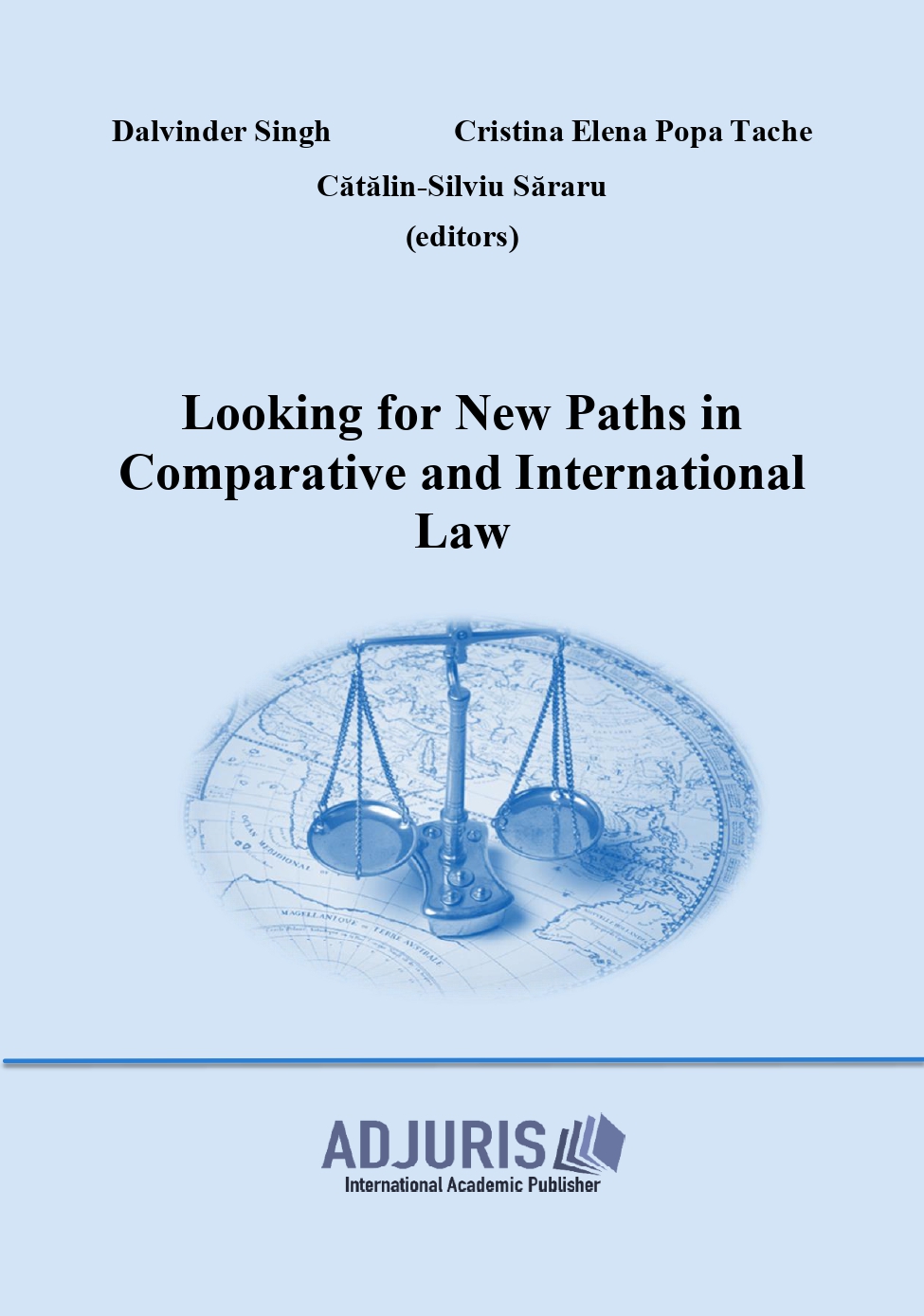The four main constitutional gaps regarding the presidential veto in North Macedonia and their filling in the light of comparative constitutional law
The four main constitutional gaps regarding the presidential veto in North Macedonia and their filling in the light of comparative constitutional law
Author(s): Jeton Shasivari
Subject(s): Law, Constitution, Jurisprudence, Constitutional Law, Comparative Law
Published by: Societatea de Stiinte Juridice si Administrative
Keywords: presidential veto; presidential activism; legislative procedure; promulgation of laws; publication of laws; constitutional gaps;
Summary/Abstract: The President of North Macedonia has at his disposal a constitutional legal instrument which influences the legislative activity of the Parliament. It is about the right of veto over the laws approved by the Parliament, which temporarily suspends the adoption of laws which, according to the President of North Macedonia, are not in the interest of the state or the citizens. The Constitution of North Macedonia regulates this constitutional legal instrument within the part that refers to the Parliament, and not to the President of North Macedonia, which means that the right of veto first of all has a legislative function because it is one of the stages of the legislative procedure. It is interesting that, within the constitutional system of North Macedonia since its first President from 1991 onwards after independence from the former Yugoslav Federation, there is an unwritten rule according to which if the President of North Macedonia is close to the ruling parliamentary majority or acts as a duo with this majority, in the vast majority of cases, it does not use or very rarely uses the right of veto, and on the other hand, after the ruling parliamentary majority is changed, the duel between the new ruling parliamentary majority and the President also begins, therefore, presidential activism in the use of veto increases. This issue is very important because in the constitutional law and practice of relations between the Parliament and the President of North Macedonia there are four main constitutional gaps regarding the presidential veto, which promoted the views that without the signature of the president there are no laws otherwise such views in fact turn the weak presidential veto into a absolute veto or legislative sanction against the Parliament which is unacceptable in contemporary constitutional law. Therefore, the main purpose of this paper is through the teleological method of interpretation of constitutional norms as a whole and in close correlation with the guarantees of fundamental freedoms and rights and rule of law principle as well as through regional comparative constitutional analysis to reach an adequate and effective constitutional solution to such constitutional gaps and cases.
Book: Looking for New Paths in Comparative and International Law
- Page Range: 12-28
- Page Count: 18
- Publication Year: 2021
- Language: English
- Content File-PDF

